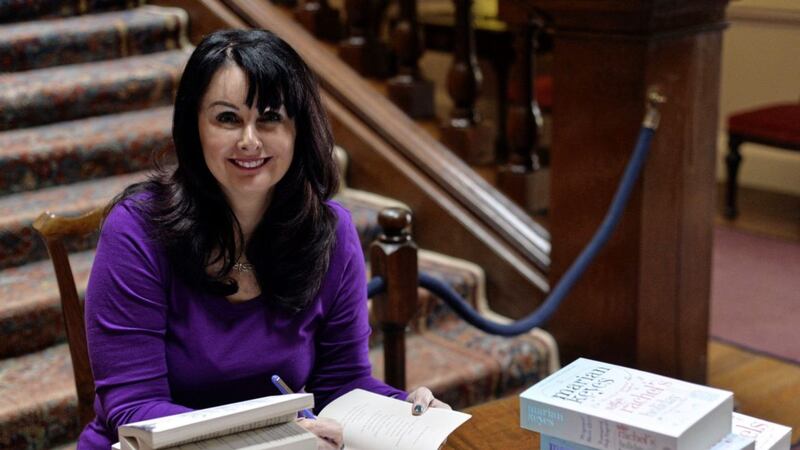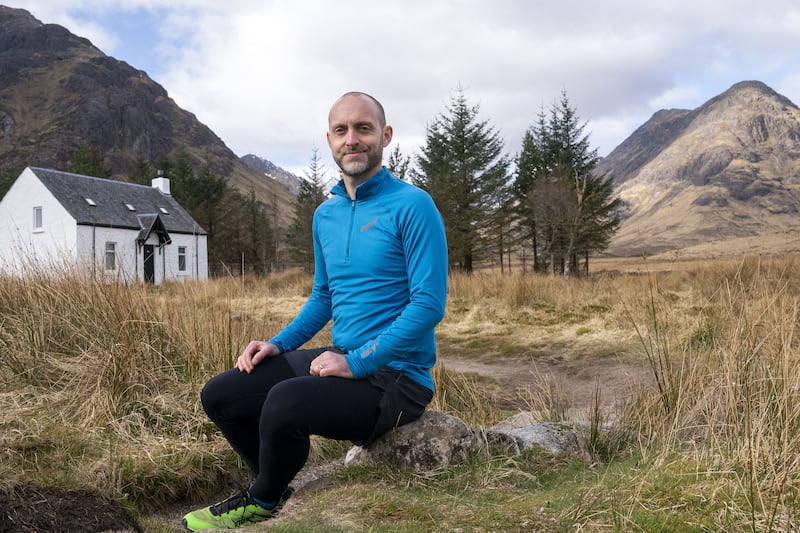DUBLIN author Marian Keyes has compared her recovery from depression to "coming up from the bottom of the ocean".
The writer of novels including Watermelon, Sushi For Beginners and Rachel's Holiday, has said she faced suicidal urges up to 40 times a day in the depths of mental illness.
She battled the depression for 18 months and tried remedies including medication, cognitive behavioural therapy and meditation but said nothing worked but the passage of time.
She told Kirsty Young on BBC Radio 4's Desert Island Discs: "I stopped being able to sleep and eat, I couldn't have conversations and it accelerated and I ended up going into a psychiatric hospital".
"Suicidal impulses started and it was very hard to physically to stop myself from going through with it, for months and months every day was an enormous effort not to do the acts of wounding myself. That went on for 18 months," she said.
"It's an illness and it ran its course. Three years ago, at the start of 2014, it was like coming up from the bottom of the ocean. It was really speedy. I had always described myself as melancholy or depressive but I hadn't a clue, anything I had before was a blue day by comparison, this was altered perceptions, a mental illness."
Keyes (53), who has been sober for 23 years, also detailed her recovery from alcoholism in her youth, saying: "Alcohol was the love of my life. It was my best friend and in the end, my only friend."
She said starting to write was her "rope across the abyss" and she wrote her first short story months before entering a recovery programme.
"I couldn't stop drinking and was preparing to go under," she said. "One afternoon I was at home when I should have been at work and read a short story in a magazine and thought 'you could do that' and got a pen and paper and wrote my first one.
"It was that primal urge in all of us to stay alive, saying 'I can give you this will you live for this? It didn't get me sober but gave me something to hope for."
She has now written 17 books, but said it is frustrating they are dismissed as "popular fiction".
Questioned why that would be, she said: "Because I'm a woman and because, for good or for ill, lots of women enjoy my books and relate to them and in my own little way I feel they are quite empowering and anything that empowers women or makes them feel like 'hello there could I have some equal pay or how about access to the management jobs?', anything that makes us uppity, has to be slapped down.
"So if we like something by telling us it's rubbish it makes us feel a bit silly for having liked it in the first place."







